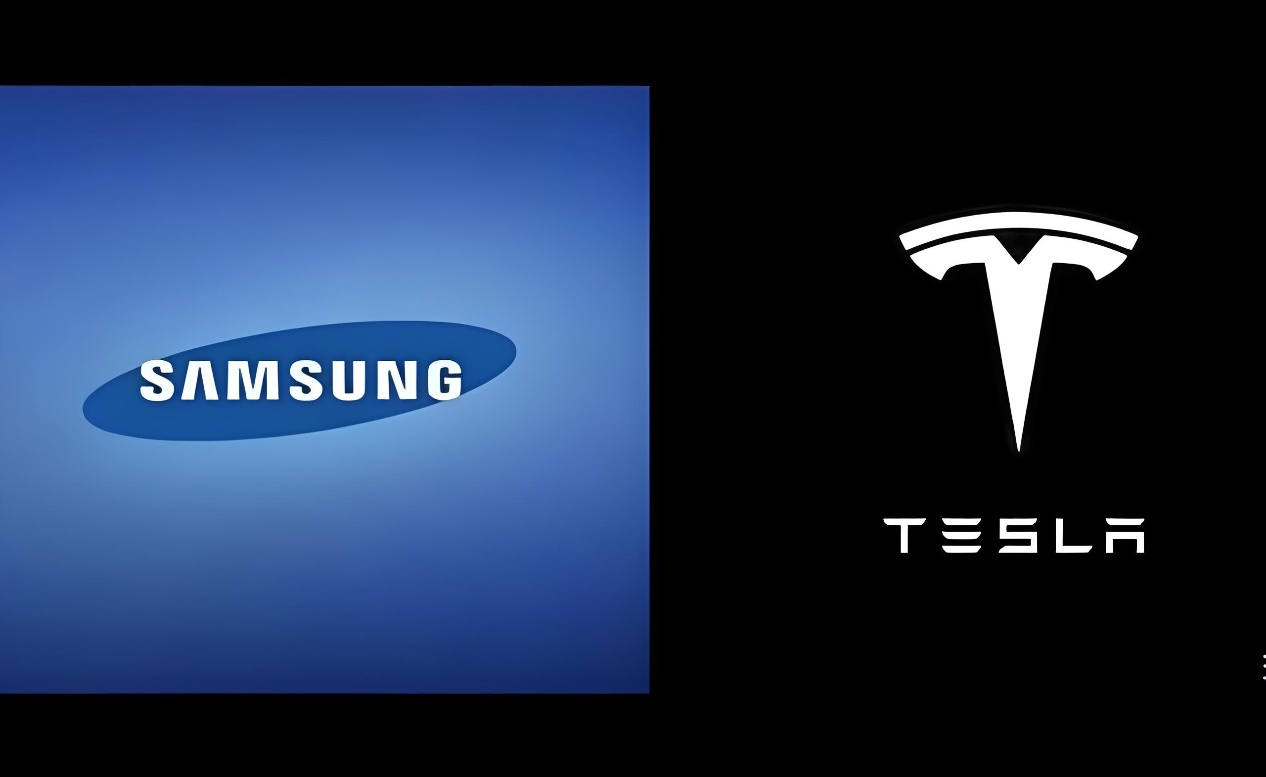
Recently, Samsung Electronics and Tesla announced a $16.5 billion chip foundry cooperation agreement, which has attracted high attention from the global semiconductor industry. According to the agreement, Samsung will use its new factory located in Texas to produce the next generation AI chip (AI6) based on the 2-nanometer (SF2) process for Tesla, with plans to achieve mass production by 2027. This cooperation not only marks Tesla's strategic upgrade in the field of autonomous driving chips, but also reveals a key turning point for Samsung in the competition of advanced process technology, as well as a profound change in the global chip industry landscape.
From a technical perspective, Samsung's 2-nanometer process (SF2) adopts full surround gate (GAAFET) technology, which significantly improves transistor density, energy efficiency, and performance compared to traditional FinFET processes. Although the manufacturing cost of 2-nanometer chips has increased by about 50% compared to 3-nanometer chips, their performance can be improved by more than 30%. Tesla's choice of Samsung as its manufacturing partner for AI6 chips is not only a recognition of Samsung's technological capabilities, but also provides an opportunity for Samsung to accelerate the optimization of 2-nanometer process yield and cost sharing. Through cooperation with Tesla, Samsung can further verify the feasibility of its 2-nanometer process for mass production, laying the foundation for future orders from customers such as Qualcomm and Nvidia.
For Tesla, this collaboration reflects its supply chain diversification strategy. Previously, Tesla had collaborated with TSMC to produce AI5 chips (using a 3-nanometer process), but introducing Samsung as the OEM for AI6 chips would help reduce reliance on a single supplier. Musk revealed that $16.5 billion is only the minimum contract amount, and the actual output may be several times higher than expected, and Tesla will deeply participate in the production efficiency optimization of Samsung's factory. This cooperation model not only helps to compress costs, but also meets Tesla's dual needs for chip performance and energy efficiency - the AI6 chip will support the upgrade of its unsupervised fully autonomous driving (FSD) system, with computing power requirements far exceeding the current HW4 chip (about 500 TOPS). In addition, Samsung's advantages in the field of storage chips, such as HBM4 high bandwidth memory, can also collaborate with Tesla's AI chips to improve overall system efficiency.
From the perspective of the industrial landscape, this cooperation poses a challenge to TSMC's market position. For a long time, TSMC has dominated the global chip foundry market with a market share of 67.6%, while Samsung's share is only 7.7%, and its Texas Taylor factory has suffered long-term losses due to delayed technological iterations and capacity ramp up issues. Tesla's shift of AI6 chip orders to Samsung marks a reassessment of supply chain risks by high-end customers. Although TSMC's 3-nanometer process (N3P) is still used by Tesla for AI5 chip production, Samsung's breakthrough in the 2-nanometer process may force TSMC to accelerate technology iteration to maintain its position as the world's first chip foundry.
The geopolitical background of the global chip industry is also reflected in this cooperation. The strict control of AI chip exports by the US government has driven American companies such as Tesla to localize their chip supply chains. The layout of Samsung's Texas factory and TSMC's Arizona factory is in line with the policy orientation of the return of manufacturing industry in the United States. However, this cooperation also exposes the fragility of the global chip supply chain - excessive concentration in a few regions and manufacturers may trigger supply chain disruption risks.
In the long run, the cooperation between Samsung and Tesla may promote the evolution of the chip industry towards an integrated ecosystem of "design manufacture application". Tesla's AI6 chip will be deeply integrated with Dojo supercomputer chips to form a unified technical architecture covering autonomous driving, humanoid robots, and data centers. This ecological competition model requires chip foundries not only to have advanced process capabilities, but also to deeply participate in customer product design iterations. If Samsung can prove its technological reliability and cost advantages through this cooperation, it is expected to attract more high-end customers in the future and reshape the global chip industry landscape.
Overall, the $16.5 billion chip foundry agreement between Samsung and Tesla is the result of a combination of technological competition, cost optimization, and strategic layout. For Samsung, this is a crucial battle to break through process bottlenecks and revitalize its OEM business; For Tesla, this is an important measure to build a diversified supply chain and reduce technological risks; For the global chip industry, this marks a new stage of competition in high-end manufacturing. In the next three years, with the mass production verification of the 2-nanometer process and the landing application of AI6 chips, the impact of this cooperation will gradually emerge, and the global chip industry pattern may also undergo profound changes as a result.

According to a recent report by Rich Asplund, a columnist for Barchart, the global sugar market is currently experiencing a complex and profound supply-demand game.
According to a recent report by Rich Asplund, a columnist f…
On January 13th local time, the three major US stock indice…
Recently, the 2026 edition of the MIT Technology Review lis…
On January 15, 2026, the US military announced the seizure …
At the 2026 J.P. Morgan Healthcare Conference, a joint anno…
For much of 2025, the market was rethinking whether the dol…